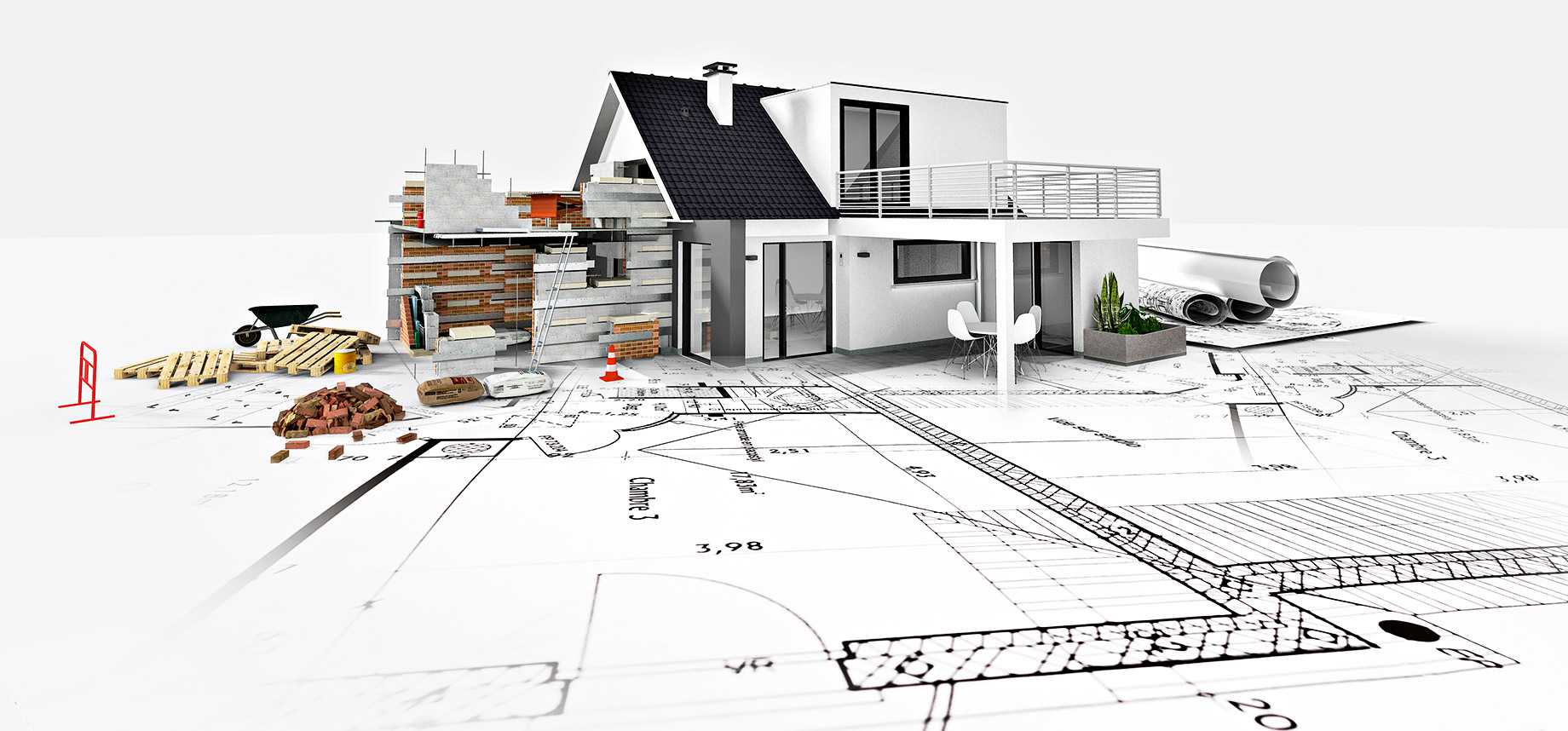
Planning a home extension project is the start of an exciting journey. It’s when creative ideas are born, and possibilities are imagined. However, it’s also when dreams are dashed, and reality eventually bites if you don’t make the proper considerations.
This article aims to help homeowners explore the prospect of extending their homes. Keep reading to get in the right mindset as you embark on this critical endeavor.
Getting Started
At Capital Building and other service providers, there are vital preliminary considerations you need to make:
Have Building Permissions
Depending on where you live, you need to follow certain building regulations. You’ll most likely need to submit your plans to the local code office. The document usually includes measurements, renderings, and floor plans, among other relevant details. So, before you do anything else, check all the necessary paperwork you need.
Explore Potential Supply Chain Issues
The world may have gone back to its old ways, but issues from the pandemic remain. There are areas still struggling with construction material shortages. And in cases where supplies are available, they might come with inflated prices.
Consider Extended Timelines
In line with the volatility of the material and labor markets, expect delays. And that’s not even touching on how long the project will take. There are instances when even getting a builder to start work entails longer lead times.
Tips For Planning Your Home Extension Project
With those preliminary considerations out of the way, you can start thinking about the other factors that come with extending your home.
Be Realistic About Your Budget
Design ideas are exciting to explore, making it easy to get carried away and go over budget, even at the planning stage. Before getting into all the details, it’s best to get a rough approximation of what extension size you can afford.
Once you get that out of the way, consider how much each design detail can cost. This can include things like flooring, fixtures, and other essential home elements. Listing all design elements will make it easier to visualize what you can afford.
Remember, you’ll almost always go over budget regardless of how frugal your approach may be. As such, it’s best to have a contingency funding plan.
Think Of Who Will Manage The Project
Are you thinking of hiring a professional designer? Will you be employing a designer and building a company? There’s no cookie-cutter approach to home extensions. What you choose depends on your budget and the type of extension you want to build.
You could split the project management responsibilities between yourself and a contractor if it’s a smaller project. You can allow the professionals to do what they do best, then take over for the finishing touches.
Choosing your approach also depends on your experience and skills. Whichever route you decide to take, understand the importance of project management. It can be the difference between realizing your dream home and a stressful endeavor.
Talk To Different Builders
Small talk with industry people can help you decide the best approach for your project. Check your network to see if there’s anyone you can consult informally. Speaking with close contacts can give you valuable insight into what the project entails from an engineering and construction perspective.
Additionally, you’ll be more knowledgeable when you finally decide to have formal discussions with professionals. You can ask the right questions, thereby getting a clearer path to realizing your vision.
Explore Financing Options
It’s best to include exploring financing options when planning your home extension project. This offers you a great contingency plan even if you have enough cash saved for the costs.
If you have a credit card, ask the company how much you can borrow and settle with deferred payments. If they can give you an interest-free loan, you have a solid backup plan. Do the same for your bank. They’ll usually be more accommodating if you have a good credit history.
Other options include remortgaging your home, but you can keep that as a last resort. You want to avoid adding to an already substantial monthly expense.
Take The Long View
Finally, treat your home extension project as the investment that it is. While it may come at a high cost, it can also add value to your property over the long haul. As such, it’s wise to make sure your upgrades can last up to 20 years.
Moreover, ensuring the extension’s design sensibilities fit your home, and the neighborhood is a great way to add value to the property. Keep this in mind as you go along the planning stages.
Final Words

Home extension projects take careful planning, time, and patience. Taking a conscientious approach to the project lets you uncover certain aspects you may have yet to consider. It can also help you discover better routes toward realizing your dream home.